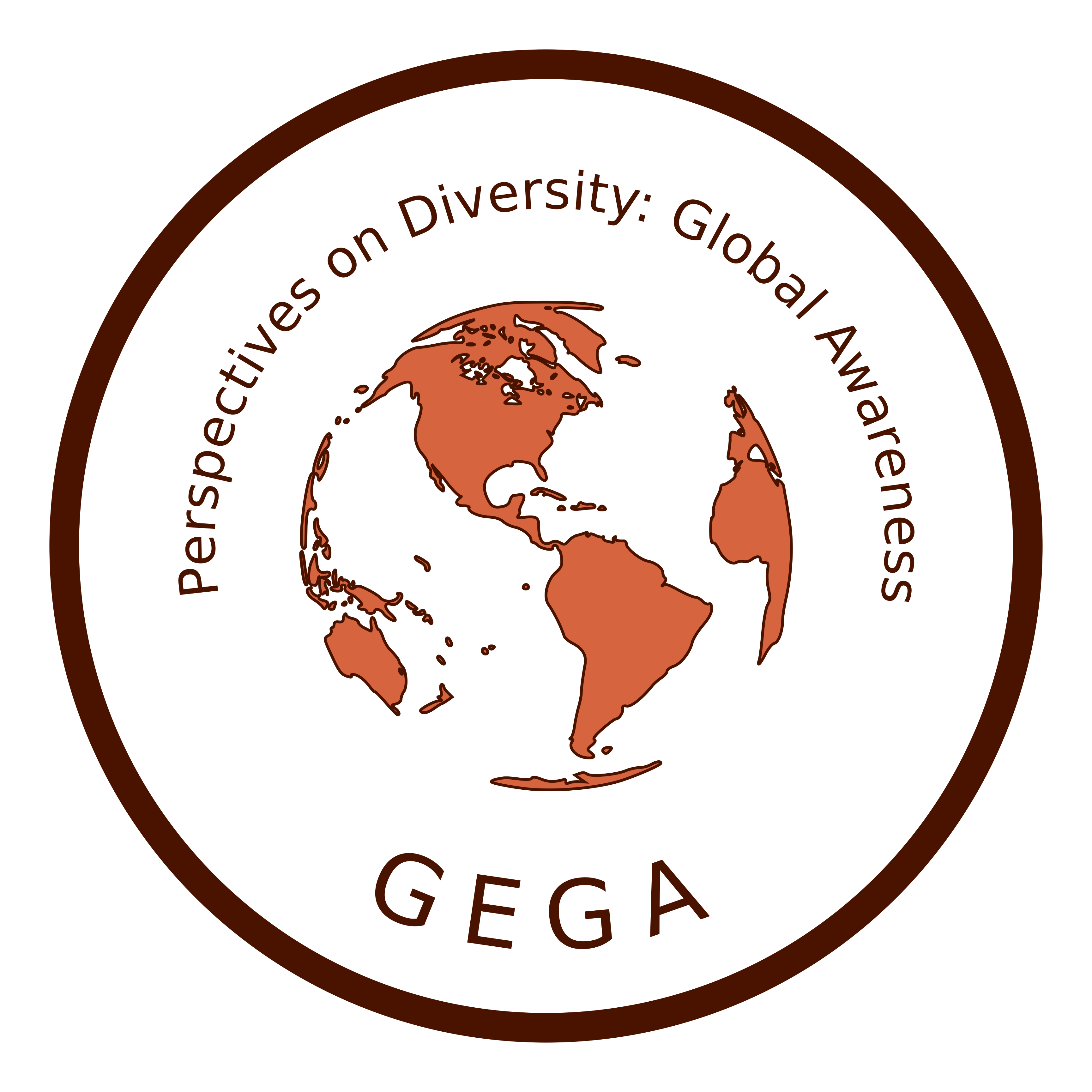| |
Jan 29, 2026
|
|
|
|
|
2022-2023 Undergraduate Catalog This is not the most recent catalog version; be sure you are viewing the appropriate catalog year.
|
CASI 206 Culture and the Holocaust [GEGA]
Culture and the Holocaust is an interdisciplinary examination of the Holocaust, the systematic murder of more than six million Jews, Slavs, Gypsies, homosexuals and others judged politically and racially undesirable by the Nazi regime of Adolf Hitler.
Credit 3 hrs May not be repeated for additional credit
Grade Mode Normal (A-F) Course Rotation
Prerequisites -
Other Restrictions -
Restriction by Major -
Restriction by Class - Undergraduate standing

Rationale for Perspectives on a Diverse World - Study of the Holocaust, the systematic extermination of six million Jews, Slavs, Gypsies and other “undesirables” by the Nazi regime of Adolf Hitler, offers students an extraordinary opportunity to examine the various mechanisms that produce a culture of intolerance and to see how, in a modern state, such a culture of intolerance can ultimately lead to genocide. “Culture and the Holocaust” meets the Global Awareness requirement of the general education curriculum because it offers a number of examples of the apparatuses by which modern regimes have managed to marginalize populations, subject them to horrific abuse, and, often enough, kill them- indeed, the Holocaust has become almost a blueprint for oppressive regimes throughout the globe interested in the politics and practice of mass murder. The course asks students to evaluate the roles of perpetrators, victims, and bystanders. It asks students to think about what sorts of actions- religious, political, military- might have prevented the slaughter. Finally, the courses ask students to reflect on how it is possible in the aftermath of the Holocaust, that genocide has continued throughout the world, paying close attention to related and perhaps similar events, questioning the degree to which the Holocaust can be “compared” to the Armenian genocide, Stalin’s programs of collectivization and his desire to “liquidate the kulaks as a class,” the horrors of ethnic cleansing in the Balkans, and the massacre of the Tutsi people in Rwanda in 1994.
Keywords: interdisciplinary , Global Awareness (GEGA)
Class listings and details page
|
|